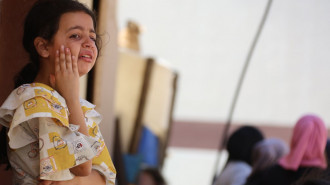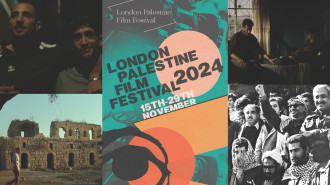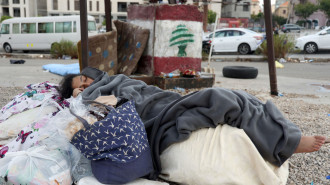Mohammed Assaf, the songbird of Gaza
Everyone knows the struggles Assaf went through to get from the Gaza Strip on to the programme. He spent two days on the border, using his powers of persuasion on the Egyptian authorities to let him enter the country. Later, when he entered the hotel where auditions were being held, he found the doors had already been shut, so he jumped over a wall only to be met by another obstacle. He didn't have a registration ticket, which he needed to take part in the show.
Assaf was stuck between despair and hope. He burst into song in the waiting room, filled with contestants. Ramadan Abu Nahl, a young Palestinian, offered Assaf his registration ticket, saying: "I know that I won't reach the finals, but you will." Abu Nahl's selflessness was remarkable.
| I have a longing for Palestine, for my homeland. |
Assaf arrived at the seminar late, assistants in tow. I approached him afterwards, and found that, though he is very busy now and much in demand, this fame has not changed him. He is the same earnest, sincere person we saw on MBC a year and a half ago. He kindly agreed to answer a few of my questions.
From Khan Younis refugee camp in Gaza to stardom is a rapid shift. What do you miss and what do you hope never to return to?
Assaf: I have a longing for Palestine, for my homeland, despite the difficulty of life there and the tragedy and oppression that looms over our people. However, I miss my family and friends and every tiny little detail of the life I lived previously, despite its bitterness and difficulty. It had many beautiful things, most importantly [the quality of] social relations in Palestine and family gatherings. You cannot find these things anywhere else.
No one would like to go back to war. I'm full of hope the situation will improve. Look, the situation that I lived through and which the Palestinian people are living through is unbearable. We've been under occupation for more than 67 years, and there has yet to be any change to this oppression. No one wants to go back to war and trouble. We want hope, we want someone to give us hope that there is something better.
You represent hope for many dispossessed and poor young people…
Palestinian youth are creative in everything. If there was no blockade or occupation, if we give an opportunity to the youth in Gaza or the West Bank to reveal their talents, [they will excel] not just in the artistic field but in sports, culture, science and other fields.
Your journey to take part in Arab Idol took two days. You moved millions of viewers not just because of your voice, but also because of your sensitivity, your struggle and your determination. What gave you that unwavering determination?
Life. Let me tell you something, the most important thing for me is my family and the people around me. Look, when a person is hopeful and aspires to achieve a goal, he will see the goal in front of him. Believe me, no matter the difficulties - and I'm not just giving you empty slogans here, because no one really understands this until he goes through this experience.
I want to say that, despite the occupation and the blockade, and even if it becomes close to impossible, there is still hope for a person to fulfil his dreams.
Did you believe that you would succeed?
| Of course I had hope that I would do something, but thank God I did more... |
Of course I had hope that I would do something, but thank God I did more... (He laughs).
Thank God, over the last year and a half I have learned there is a lot of hope, and that a person should not allow the circumstances surrounding him to affect him no matter how difficult they are.
When most people reach stardom they might forget their friends. What about you?
That is not necessarily true. People are products of their environment and anyone who has lived a hard life - or forget about that, I don't want people to think I'm searching for sympathy.
Let me tell you, a person represents the environment he comes from. I lived a very difficult life. I lived through circumstances that made me understand the meaning of a homeland, the meaning of the fact that God rewards people for their good intentions.
God always gives to those who have good intentions. I won't forget or be arrogant. On the contrary, it is my cause and my homeland.
How have you helped Gaza now you have the ability to help?
A lot. Look, I'm embarrassed, I mean I don't like talking about an issue that, as we say, when a person does a good deed... [he should not talk about it.] Let me tell you, on a personal level, I wish to get my reward from God and no one else. I did a lot of work with the UNRWA [UN Relief and Works Agency] and even worked in my personal capacity before and after the war, to the extent that my house in Gaza has become [like] a ministry for social affairs.
Assaf laughs, and his assistants finally manage to pull him away from me.
This is an edited translation from our Arabic edition.

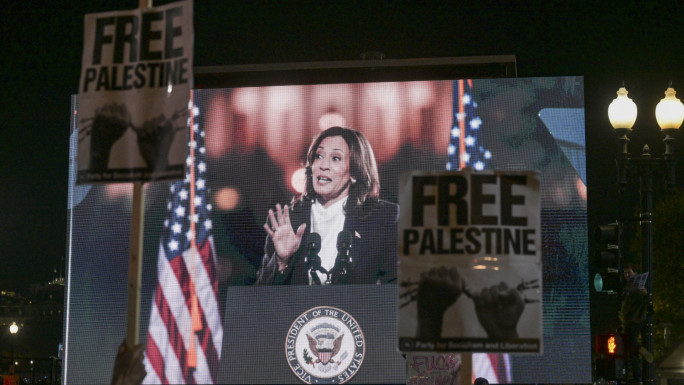

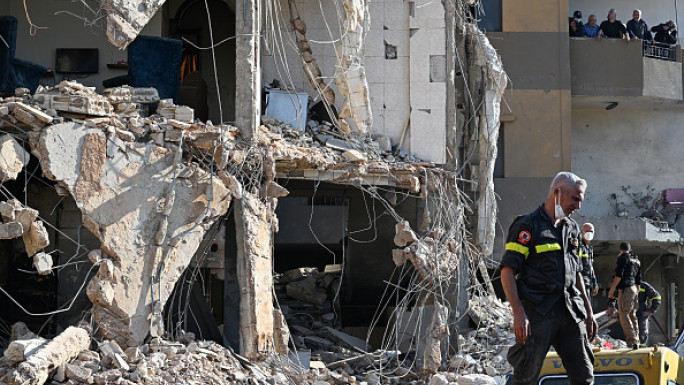
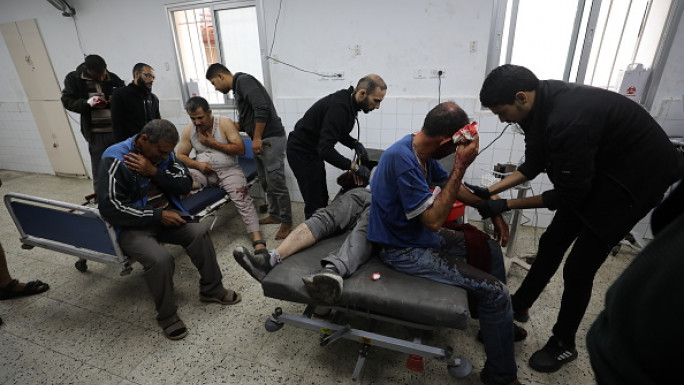
 Follow the Middle East's top stories in English at The New Arab on Google News
Follow the Middle East's top stories in English at The New Arab on Google News
